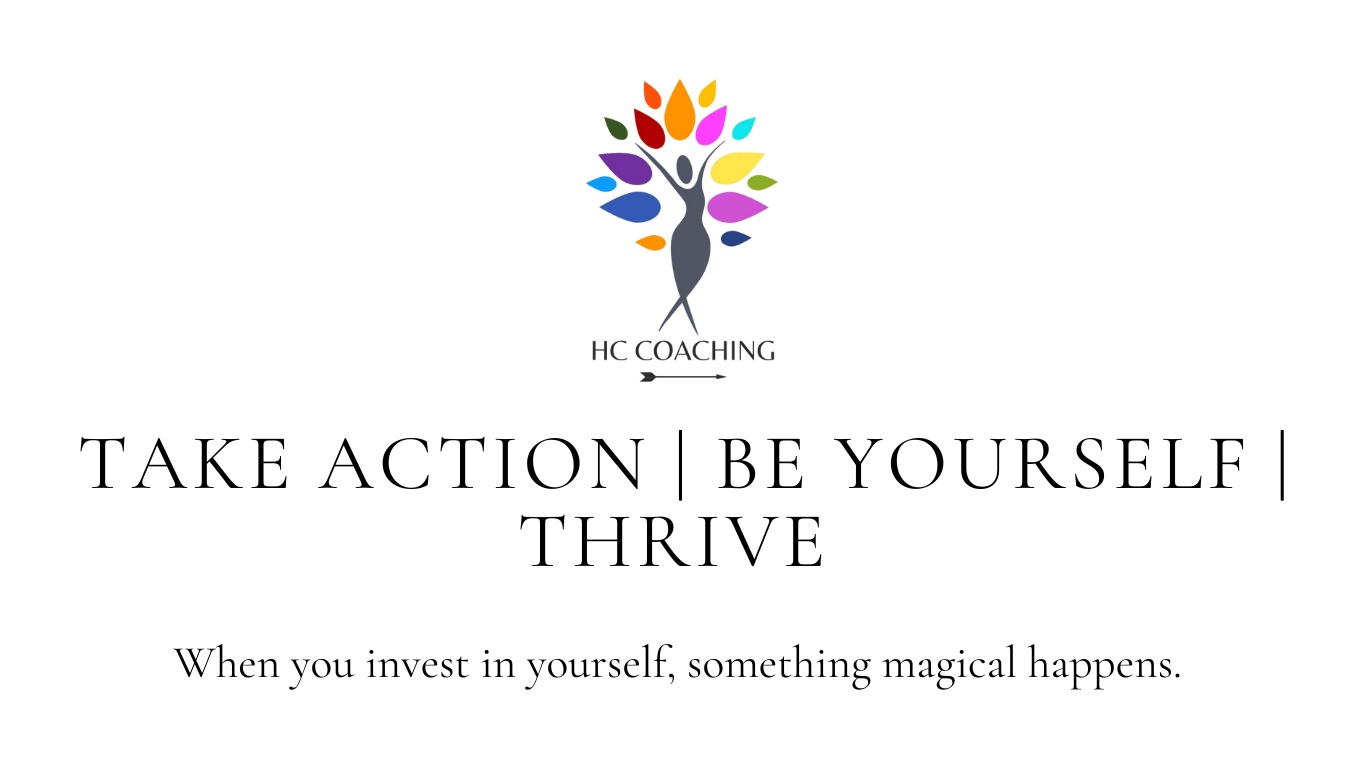You are The Crisis-Maker!
What it looks like:
You wait until the last minute to start working, creating unnecessary stress and a sense of urgency. You thrive on the pressure of deadlines but often put yourself in stressful situations. Does any of this sound familiar?
You:
thrive on last-minute pressure
create urgency where none exists
struggle with steady, consistent effort
believe you perform better under pressure
struggle with planning and time management
may miss deadlines entirely
Why it happens:
A habit of relying on adrenaline to push through or a belief that working under pressure is the only way to get things done.
What to try:
create your own urgency early. Instead of waiting for external pressure, set minideadlines before the actual deadline. Break tasks into chunks with due dates so you can still get the rush of urgency—without the last-minute panic.
use a timer to create "sprints". Crisis-Makers thrive on short bursts of intense focus. Set a timer for 25–45 minutes and challenge yourself to complete as much as possible in that time. This mimics the deadline pressure you crave, but in a controlled way.
set external accountability. Tell someone your deadline and ask them to check in. Knowing that someone else is expecting progress can create the same urgency as a looming deadline, pushing you to take action sooner.
make the task more engaging. If a task feels dull, find ways to make it more stimulating, gamify it, set up a challenge, or add an element of competition. Crisis-Makers procrastinate when tasks feel too routine, so injecting a bit of excitement can help.
focus on the stress trade-off. Remind yourself that last-minute stress isn’t actually helping you. Ask, How will I feel the night before this is due? and What would it be like to finish early for once? Visualising the relief of being ahead can be a strong motivator.
reward early action. Give yourself an immediate reward for starting early— whether it’s a break, a treat, or finishing work early for the day. Crisis-Makers tend to rely on the reward of last-minute excitement, but training your brain to associate rewards with early progress can shift the habit.
If you would like help getting things done, then take a look at how I can help.

